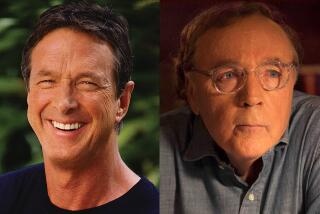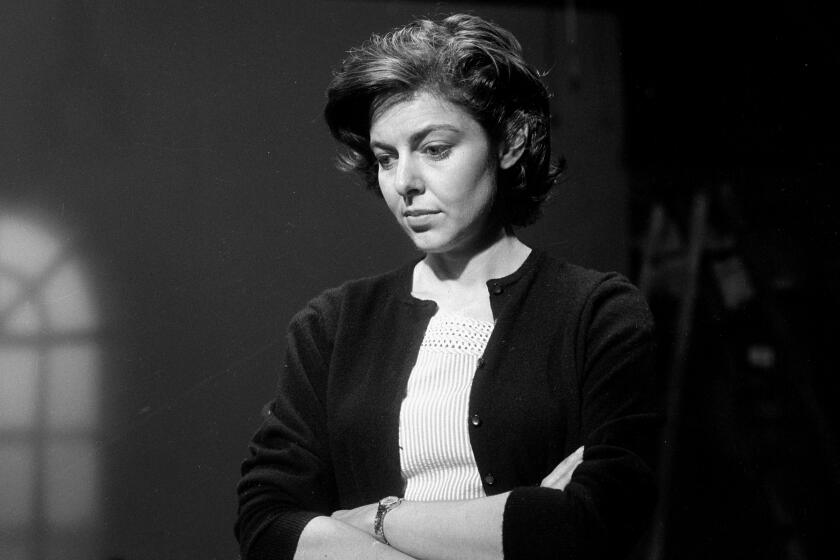NONFICTION - June 28, 1992
THE VOICE OF THE EARTH by Theodore Roszak (Simon & Schuster: $23; 367 pp.). While its members are loners who rarely refer to one another in print, a group of writers with surprisingly similar ideas has coalesced in recent years to suggest how and where we might march now that no one wants to follow the drumbeats of greedy capitalism or needy Socialism. Robert Bly and James Hillman, Daniel Quinn and Fritjof Capra are among its members, but the granddaddy of them all is Theodore Roszak, whose 1968 book “The Making of a Counterculture” first tapped the wellspring of “shamanistic wisdom” from which the others have come to drink.
Here, Roszak develops a generally compelling theory of “ecopsychology.” While Freud argued that children, born with neurotic desires, must learn to adapt to Viennese society, Roszak argues just the opposite: A child’s “crazy” drives are in fact the ancient world’s genetic gift, and it is society that should adapt to them. In subscribing to Freud’s notion that such modern woes as alienation and depression are rooted in the individual rather than the environment, Roszak writes, today’s therapists are like physicians who, when “confronted with an outbreak of cholera, undertake to treat each case individually, making no attempt to get at the source of the infection.”
Clearly, Roszak is on to something here. His message, however, too often gets lost in the predictable polemics of counterculture literature. For one, the “enemy” is made into a straw man: “As a way of life, urbanism was never intended for more than a small minority of maniacal warlords, profit-frenzied merchants, and eccentric intellectuals, people obsessed with human works and human power.” The most oddball of writers, in turn, are taken far too seriously: Roszak ultimately disputes Wilhelm Reich’s notion that the “supreme goal” of therapy should be “the establishment of orgiastic potency, of the ability to discharge an amount of sexual energy equal to that accumulated,” but only after a dozen pages of earnest analysis.
Just as Roszak’s 1968 book argued that the “youth culture” possessed a “saving vision” without detailing that vision (ironically, it did this just as most hopes that the movement had a vision were fading with the rise of Weatherman-style violence), so too does “Voices” suggest, rather than show, how the “ecological ego” can cure our modern mania.
More to Read
More to Read
More to Read
Sign up for our Book Club newsletter
Get the latest news, events and more from the Los Angeles Times Book Club, and help us get L.A. reading and talking.
You may occasionally receive promotional content from the Los Angeles Times.






